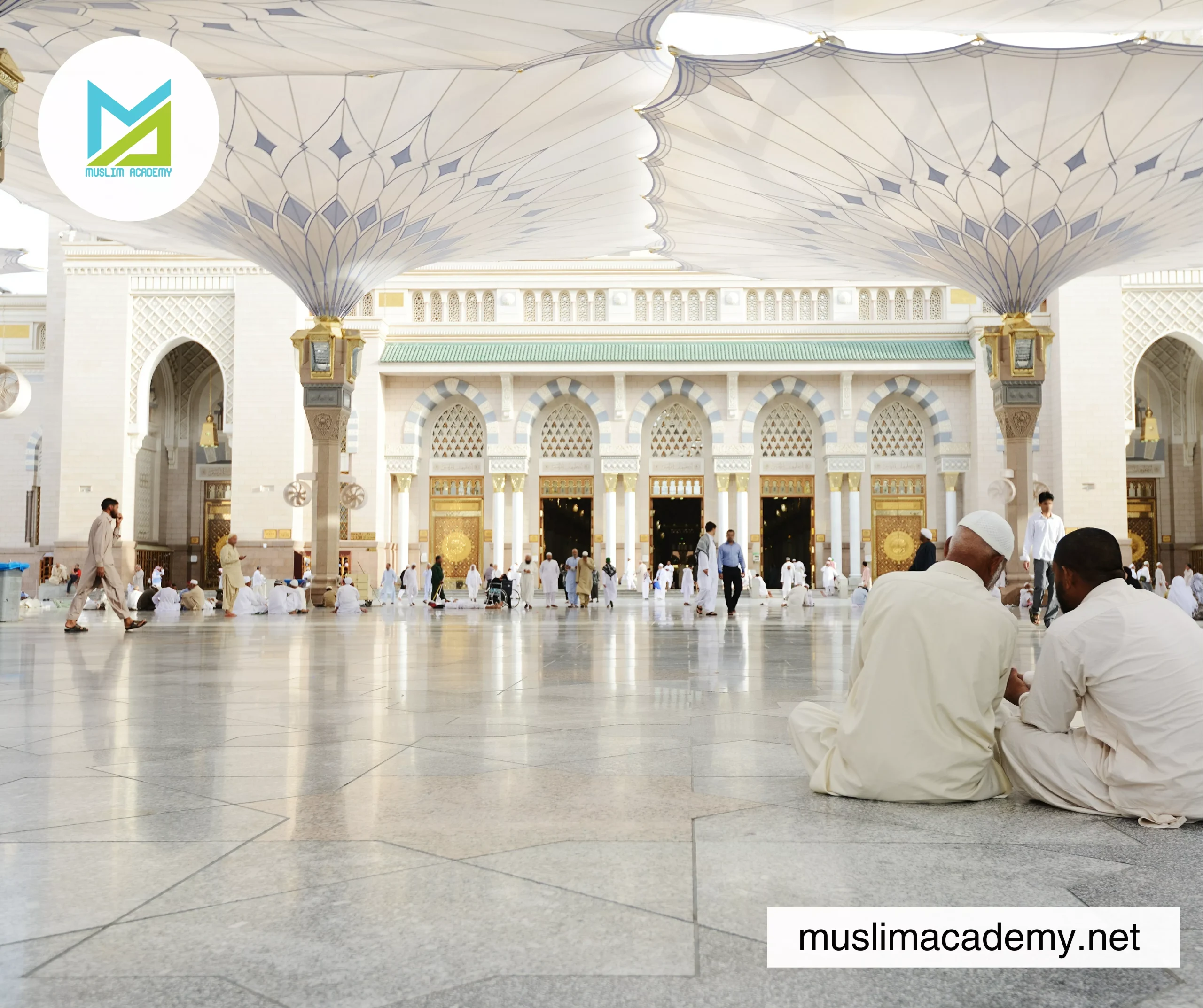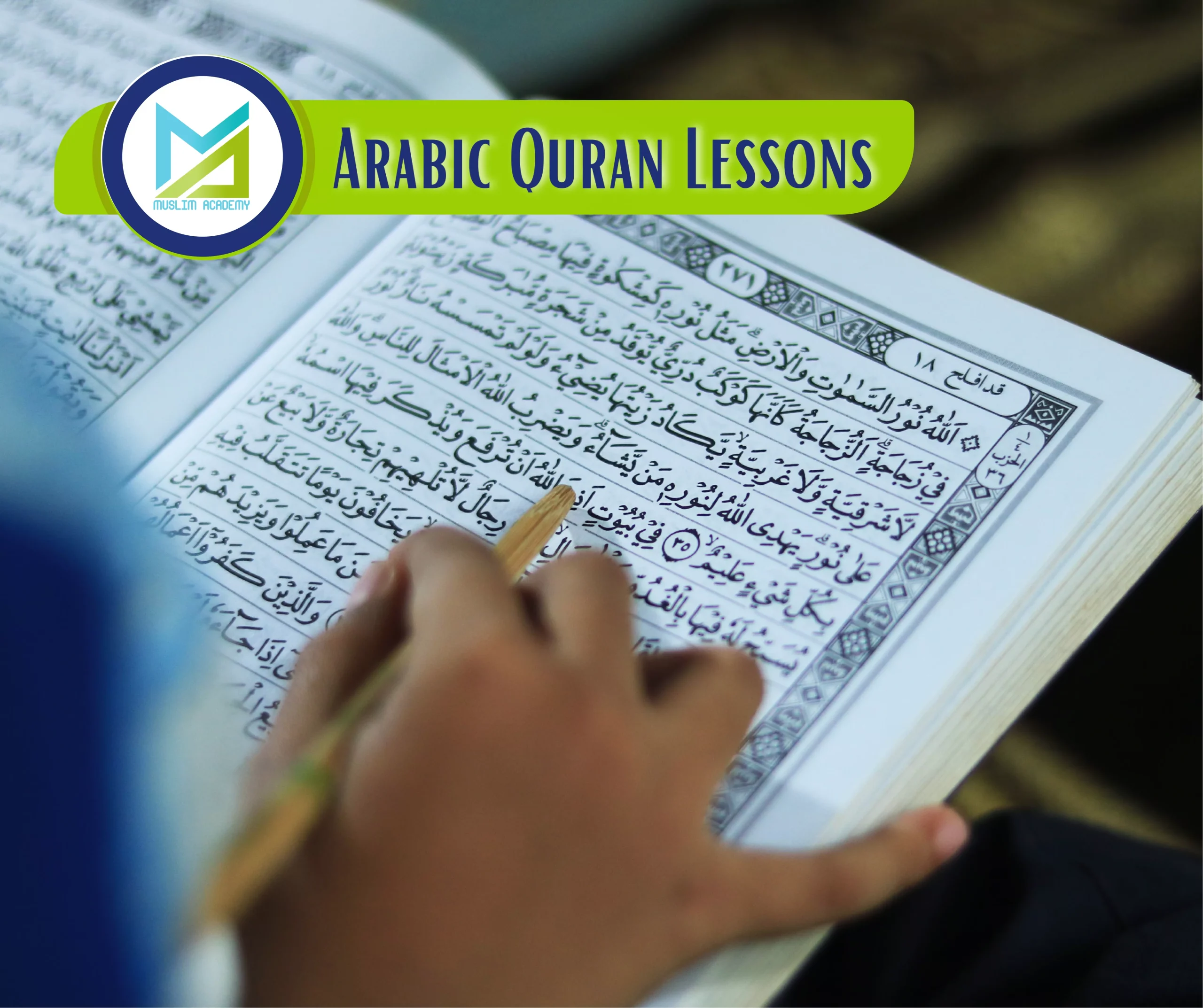Start Online Quran Classes with Muslim Academy
https://muslimacademy.net/index.php/free-trial/
The pursuit of knowledge through Arabic Quran Lessons with Muslim Academy represents one of the most enriching educational experiences available to individuals seeking both spiritual growth and linguistic mastery. These specialized learning programs offer students the unique opportunity to engage directly with the holy text in its original language while developing a comprehensive understanding of Arabic grammar, vocabulary, and pronunciation that enhances their overall Islamic education and personal faith journey.
The Integrated Approach to Sacred Learning
Modern educational approaches recognize that Arabic Quran Lessons with Muslim Academy provide optimal learning experiences when language instruction and textual study are seamlessly integrated rather than taught as separate subjects. This holistic methodology acknowledges that the Quran serves as the finest example of classical Arabic literature, offering students authentic linguistic models while providing spiritual guidance and moral instruction that gives deeper meaning to their educational efforts.
Students who participate in comprehensive programs discover that learning Arabic through Quranic examples creates natural connections between linguistic concepts and spiritual meanings. When grammar rules are illustrated through verses that hold personal significance, retention improves dramatically while students develop appreciation for the text’s literary excellence and theological depth. This dual focus transforms what might otherwise be abstract language study into a meaningful exploration of divine wisdom.
The classical Arabic preserved in the Quran provides linguistic consistency that modern spoken dialects cannot offer. Regional variations in contemporary Arabic can confuse beginning students, while Quranic Arabic maintains standardized forms that remain constant regardless of geographical location or historical period. This stability makes Arabic Quran Lessons with Muslim Academy ideal starting points for students who plan to pursue advanced Islamic studies or Arabic literature.
Foundational Elements of Effective Learning Programs
Quality educational programs typically begin with fundamental Arabic alphabet recognition and letter formation exercises that establish proper writing habits from the earliest stages of instruction. Students learn to recognize individual letters in their various positional forms while practicing correct pen strokes that will enable them to write Arabic text accurately and beautifully.
Phonetic instruction forms another crucial foundation, as proper pronunciation significantly impacts meaning transmission in Arabic. Unlike languages with more flexible pronunciation standards, Arabic requires precise articulation of sounds that may not exist in students’ native languages. Arabic Quran Lessons with Muslim Academy emphasize these pronunciation skills through repetitive practice, audio examples, and individual feedback that helps students develop authentic speech patterns.
Basic vocabulary development typically focuses on frequently occurring Quranic terms that appear across multiple chapters and verses. Students learn root word systems that govern Arabic word formation, enabling them to recognize related terms and understand how different meanings derive from common linguistic origins. This systematic approach provides tools for independent vocabulary expansion as students advance in their studies.
Grammar instruction in effective programs introduces concepts progressively, beginning with simple sentence structures before advancing to complex grammatical constructions. Students learn verb conjugations, noun declensions, and particle usage through examples drawn directly from Quranic text, ensuring that abstract grammatical rules have concrete applications that enhance textual comprehension.

Diverse Learning Methodologies and Student Engagement
Contemporary Arabic Quran Lessons with Muslim Academy incorporate varied instructional approaches that accommodate different learning preferences and cognitive styles. Visual learners benefit from colorful charts, illustrated vocabulary cards, and Arabic calligraphy exercises that connect linguistic concepts with artistic expression. These visual elements help students remember abstract grammatical rules through concrete associations that facilitate long-term retention.
Auditory learners thrive in programs that emphasize recitation practice, listening comprehension exercises, and pronunciation drills that develop their ear for Arabic sounds and rhythmic patterns. The melodic qualities of properly recited Quranic text provide natural memory aids while students develop appreciation for the language’s aesthetic dimensions and spiritual resonance.
Interactive group activities encourage collaborative learning that benefits all participants through peer teaching opportunities and discussion sessions. Students often find that explaining concepts to classmates reinforces their own understanding while building confidence in their developing Arabic skills. These collaborative approaches create supportive learning communities that sustain motivation during challenging periods of study.
Technology integration has revolutionized instructional possibilities while preserving the personal relationships that characterize excellent Islamic education. Digital platforms provide access to authentic Arabic audio resources, interactive pronunciation software, and online dictionaries that supplement classroom instruction. However, the most effective Arabic Quran Lessons with Muslim Academy maintain a careful balance between technological tools and human interaction that ensures students receive personal guidance and spiritual mentorship alongside technical skill development.
Spiritual Development Through Linguistic Understanding
Students frequently report that their participation in Arabic Quran Lessons with Muslim Academy produces profound spiritual benefits that extend far beyond improved language skills or enhanced recitation abilities. Direct engagement with sacred text in its original language creates intimate connections between learners and divine guidance that translations cannot fully provide, regardless of their accuracy or literary quality.
The meditative qualities of Arabic recitation provide stress relief and emotional balance that many students find invaluable for managing modern life pressures. The rhythmic patterns and melodic structures inherent in Quranic text create contemplative experiences similar to traditional meditation practices while maintaining distinctly Islamic spiritual characteristics.
Enhanced textual comprehension enables students to discover layers of meaning within familiar verses that may have been previously hidden due to language barriers. Words that seemed simple in translation often reveal complex theological concepts and subtle philosophical insights when understood in their original Arabic contexts. This deeper understanding frequently transforms students’ relationships with their faith and their approaches to Islamic practice.
Many participants discover that their improved Arabic skills enhance their prayer experiences significantly. Understanding the meanings of recited verses adds emotional depth and spiritual significance to ritual obligations that may have previously felt routine or mechanical. This enhanced engagement often leads to increased devotion and more consistent religious practice.

Practical Applications and Skill Transfer
The linguistic competencies developed through Arabic Quran Lessons with Muslim Academy provide foundations for broader educational and professional opportunities that extend well beyond religious contexts. Students who achieve intermediate proficiency often find themselves qualified for translation work, cultural consulting, or educational positions that require Arabic language skills and cultural knowledge.
Academic opportunities in Islamic studies, Middle Eastern affairs, or comparative religion become accessible to students who develop strong Arabic foundations through Quranic study. Many universities offer advanced programs that require prerequisite Arabic skills, making early investment in language learning valuable for students considering academic careers in related fields.
Travel experiences to Arabic-speaking countries become more meaningful and accessible when visitors possess language skills that enable direct communication with local populations. Students often report that their Arabic Quran Lessons with Muslim Academy provide sufficient linguistic foundations for basic conversational abilities that enhance cultural understanding and personal connections during travel or residence abroad.
Professional networking opportunities within Muslim communities often expand for individuals who demonstrate commitment to Islamic education and Arabic language learning. Community leadership positions, educational roles, and interfaith dialogue opportunities frequently become available to those who combine religious knowledge with communication skills.
Overcoming Common Learning Challenges
Arabic Quran Lessons with Muslim Academy present unique obstacles that quality programs address through specialized teaching strategies and patient instruction. The right-to-left writing system requires adjustment for students accustomed to left-to-right languages, while connected letter forms demand careful attention to proper formation and recognition techniques that may initially seem overwhelming.
Pronunciation difficulties often arise from Arabic sounds that do not exist in students’ native languages, particularly emphatic consonants and pharyngeal sounds that require specific tongue and throat positioning. Effective programs provide extensive pronunciation practice, individual coaching, and graduated exercises that help students develop accurate sound production gradually without becoming discouraged by initial difficulties.
Grammar complexity can overwhelm beginning students who encounter Arabic’s elaborate verbal system and flexible sentence structures that differ significantly from familiar language patterns. Successful programs introduce grammatical concepts incrementally while providing extensive examples and review sessions that reinforce previously learned material before introducing new concepts.
Time management challenges affect many adult students who must balance educational commitments with professional responsibilities and family obligations. Flexible scheduling options, recorded sessions for makeup work, and study materials designed for independent learning help students maintain consistent progress despite competing demands on their time and attention.
Long-term Benefits and Continued Learning
The educational foundation established through Arabic Quran Lessons with Muslim Academy often supports lifelong learning journeys that continue expanding long after formal instruction concludes. Students who develop strong basics frequently pursue advanced studies in Islamic theology, Arabic literature, or comparative religious studies that require sophisticated linguistic skills.
Community leadership opportunities often emerge for individuals who combine religious knowledge with communication abilities developed through comprehensive Islamic education. Teaching positions, youth mentorship roles, and interfaith dialogue responsibilities frequently become available to those who demonstrate commitment to learning and sharing Islamic knowledge.
The personal satisfaction derived from direct engagement with sacred text in its original language provides ongoing motivation for continued study and spiritual development. Students who achieve this level of competency often describe their educational investment as among the most rewarding and transformative decisions of their lives, opening doors to deeper faith understanding and community connections that enrich all aspects of their personal and spiritual development.
Conclusion
Arabic Quran Lessons with Muslim Academy offer transformative educational experiences that combine linguistic mastery with spiritual growth in uniquely powerful ways. Students who commit to serious study discover that their learning journey enriches every aspect of their relationship with Islamic faith while developing valuable intellectual and cultural capabilities that serve them throughout their lives. The integration of language learning with textual study creates synergistic educational experiences that accelerate progress and deepen understanding in ways that isolated approaches cannot achieve. As these programs continue to evolve and expand, they will undoubtedly remain gateways to divine wisdom and cultural knowledge for students seeking meaningful connections with their spiritual heritage.
